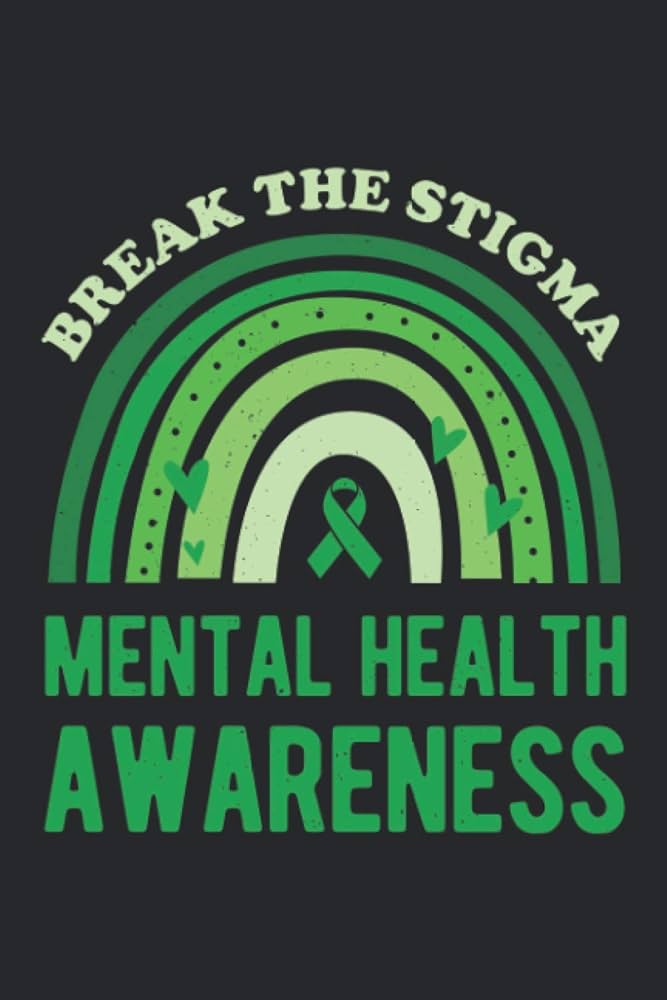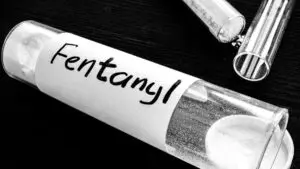Despite increasing awareness and open conversations about mental health and addiction, stigma remains a significant barrier for those seeking help. Misunderstandings, judgment, and shame surrounding these issues prevent many from reaching out for the support they need. Breaking the stigma isn’t just important for individuals struggling with these challenges—it’s vital for society as a whole. Here’s why breaking the stigma matters and what we can do to help.
The Impact of Stigma
Stigma often stems from a lack of understanding and perpetuates harmful stereotypes. People dealing with mental health conditions or addiction are frequently viewed as weak, flawed, or even dangerous. These misconceptions can lead to discrimination in the workplace, within families, and in the broader community.
For individuals, the effects of stigma are deeply personal. It can lead to feelings of shame and isolation, making it harder for them to seek treatment. In fact, studies show that people are more likely to delay or avoid getting help if they feel judged or misunderstood. The stigma around mental health and addiction can worsen symptoms, prevent recovery, and even lead to tragic outcomes.
Why Breaking the Stigma Matters
1.Encourages People to Seek Help
When stigma is reduced, more people feel comfortable discussing their struggles and pursuing treatment. Mental health challenges and addiction are medical conditions that can be treated effectively with the right support. By normalizing conversations about them, we can help people access care without fear of judgment.
2.Fosters a Supportive Community
Breaking down stigma creates a more compassionate and understanding society. When we view mental health and addiction with empathy, we open the door to better support networks—both in personal relationships and through community resources. This can significantly enhance someone’s chances of recovery and well-being.
3.Promotes Better Outcomes
People who receive early treatment for mental health conditions or substance abuse have better long-term outcomes. Reducing stigma helps ensure that individuals can address issues before they become overwhelming or life-threatening. With the right treatment, people can lead fulfilling lives in recovery.
4.Challenges Harmful Stereotypes
By confronting and correcting myths about mental health and addiction, we can replace them with more accurate, compassionate understandings. Instead of viewing addiction as a moral failing or mental illness as a character flaw, we can focus on the underlying causes—such as trauma, genetics, and environmental factors—and the steps toward healing.
How You Can Help Break the Stigma
1.Talk Openly About Mental Health and Addiction
One of the most powerful ways to reduce stigma is by talking openly about mental health and addiction, whether in personal conversations, on social media, or in the workplace. Sharing experiences and showing empathy helps normalize these topics and make them less taboo.
2.Educate Yourself and Others
Misinformation fuels stigma. Take the time to learn about mental health conditions and addiction, and share that knowledge with others. This could mean correcting misconceptions when you hear them or encouraging discussions that lead to greater understanding.
3.Support Those Who Are Struggling
Be a source of support for friends, family, or colleagues who may be dealing with mental health or substance use issues. Show that you are a safe person to talk to by offering a nonjudgmental ear and encouraging them to seek professional help if needed.
4.Use Respectful Language
The way we talk about mental health and addiction matters. Avoid derogatory or dismissive language, and use terms that reflect the reality of these conditions as medical issues. Words like “crazy,” “junkie,” or “weak” perpetuate stigma, while terms like “person living with mental illness” or “individual in recovery” are more respectful and accurate.
Conclusion
Breaking the stigma around mental health and addiction requires ongoing effort from everyone. It starts with each of us being more compassionate, more informed, and more willing to talk about these issues. By challenging harmful stereotypes and creating a culture of understanding, we can help those affected feel empowered to seek the support they deserve and work toward recovery. In the end, breaking the stigma benefits us all, making our communities more inclusive, healthier, and more connected.
This blog can help highlight the importance of breaking stigma and provide actionable steps for readers to contribute to a more supportive environment.



